Associate Professor
Program Director for Architecture Ph.D.
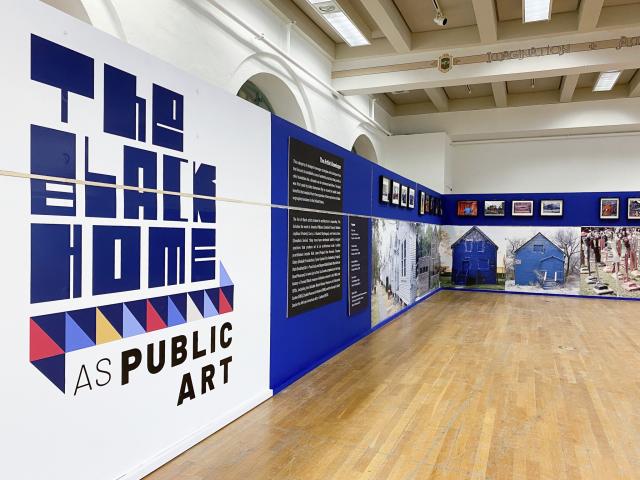


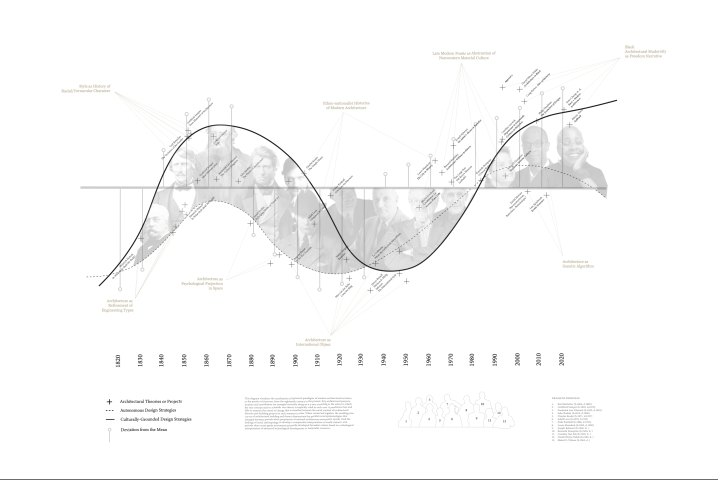
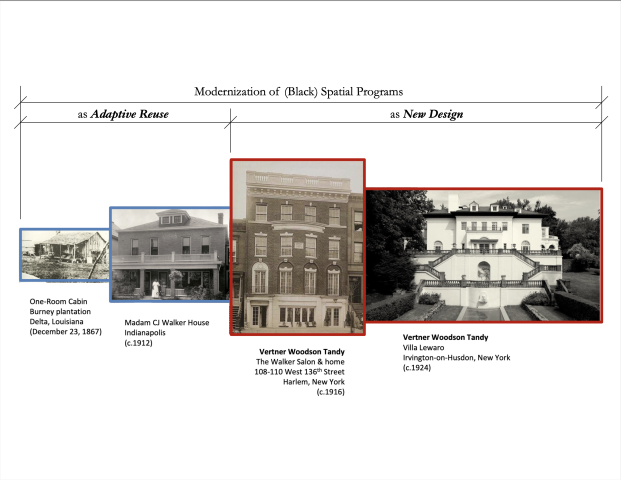

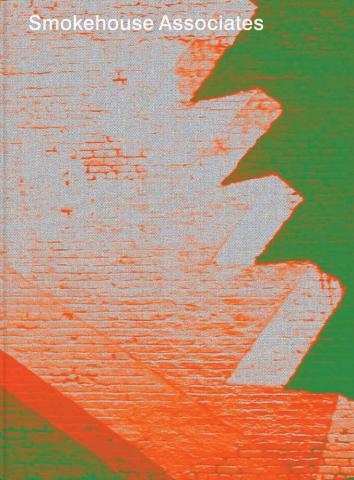
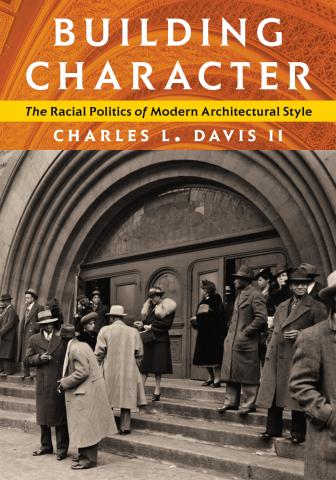

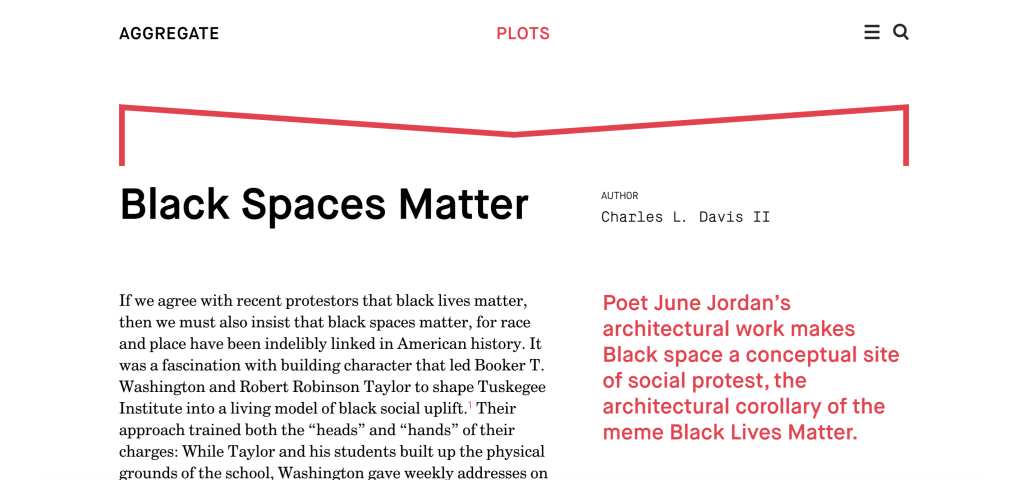

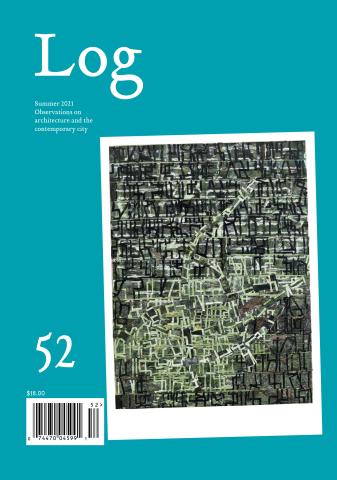
Charles L. Davis II is an associate professor of architectural history and criticism and Director of the Architecture PhD Program at UT Austin’s School of Architecture. He received his PhD in architecture from the University of Pennsylvania and an M.Arch from the University at Buffalo. His academic research excavates the role of racial identity and race thinking in architectural history and contemporary design culture. He has published articles and essays in Architectural Research Quarterly, Journal of the Society of Architectural Historians, Harvard Design Magazine, Log, Aggregate, Appendx and VIA. His research has been supported by the Graham Foundation, the Mellon Foundation, the Canadian Center for Architecture and the Center for Architecture in New York City.
Charles is currently working on a monograph entitled Black Architectural Modernity: A Spatial History of Racial Uplift in the U.S. Settler Colony. This research explores the historical role of spatial occupation and programmatic innovation in the development of a modern Black architectural tradition in the United States between 1865 and the 1990s. It treats Black racial uplift as a central cultural project of Black architectural modernity that sought to untangle the strictures of white cultural nationalism in American liberalism after the Civil War. The material exponents of this political experiment deployed Black space-making practices to rewrite the public meaning of settler colonial building fabric for nearly a century. I argue that this historical tradition is bounded by a radical attempt to modernize American political culture by establishing the material foundations of a new race-conscious, post-settler nation state—a practical yet highly aspirational ideal in the years following the Civil War.
Charles is also the faculty PI of The Black Space Project, a new interdisciplinary architectural history collective dedicated to recovering, documenting, and archiving the influence of African American space-making practices on the shape and meaning of the built environment. This research will be disseminated through a series of paired exhibitions and oral history workshops that will later be stored in a publicly accessible digital archive—the Black Space Archive—in an effort to preserve overlooked histories of Black agency and architectural genius in our discipline.
EDUCATION
- Ph.D., University of Pennsylvania
- M.Arch, SUNY Buffalo
- B.P.S., SUNY Buffalo
PUBLICATIONS + PROJECTS
Charles L. Davis II is co-editor of Rewriting American Architecture: Contesting the Myths of National Culture (University of Texas Press, 2026), a volume that recovers the complexities of competing debates about nation and nationhood. It collects revisionist narratives of American Architecture that restore competing period debates about material cultural, national building traditions, and the racial and ethnic composition of the American body politic from the Republican era to the Jim Crow period. This research is a scholarly corrective to canonical histories of American architecture that depict the teleological evolution of a singular modernist culture that integrates technological growth within a European settler perspective. Nineteenth century American architecture was instead marked by the turbulence of internal domestic politics and westward expansionism, where the violent dynamics of race and labor were central to the building of the nation and its constantly shifting borders.
Charles is also co-editor of Race and Modern Architecture: A Critical History from the Enlightenment to the Present (University of Pittsburgh, 2020), a volume which collects 18 case studies on the racial discourses of modern architecture. Challenging us to write race back into architectural history, its contributors confront how racial thinking has intimately shaped some of the key concepts of modern architecture and culture over time, including freedom, revolution, character, national and indigenous style, progress, hybridity, climate, representation, and radicalism. By analyzing how architecture has intersected with histories of slavery, colonialism, and inequality—from eighteenth-century neoclassical governmental buildings to present-day housing projects for immigrants—Race and Modern Architecture challenges, complicates, and revises the standard association of modern architecture with a universal project of emancipation and progress.
His book manuscript, Building Character: The Racial Politics of Modern Architectural Style (University of Pittsburgh, 2019), was a finalist for the first book prize from the Modernist Studies Association and winner of the Charles Rufus Morey book prize from the College Arts Association. It traces the racial politics of seminal texts by five modern architectural theorists—Eugene Emmanuel Viollet-le-Duc, Gottfried Semper, Louis Sullivan, Frank Lloyd Wright, and William Lescaze—to highlight the social, political, and historical significance of “architectural organicism,” or movements that modeled design on the generative principles of nature. This research limns the parallels between racial and architectural characters provided in some of the most influential national building movements of the past, from the pioneering concepts of French structural rationalism and German tectonic theory to the nationalist associations of the Chicago Style, the Prairie Style, and the International Style. Building Character was supported by grants from the Canadian Center for Architecture, the Graham Foundation for Advanced Studies in the Fine Arts, the University of Pennsylvania, and the University of North Carolina at Chapel Hill.
Recent Publications and Exhibitions (Selected)
- “The Black Home as Public Art,” exhibit in Mebane Art Gallery, University of Texas at Austin School of Architecture, August 30-November 15, 2024
- Race and Modern Architecture: A Critical History from the Enlightenment to the Present, edited by Irene Cheng, Charles L. Davis II, and Mabel O. Wilson (University of Pittsburgh Press, 2020)
- Building Character: The Racial Politics of Modern Architectural Style (University of Pittsburgh Press, 2019)
- “Amiri Baraka’s Agitprop Urbanism,” in Drifting Symmetries: Projects, Provocations, and other Enduring Models by Weiss/Manfredi Architects (Park Books, 2025), 219
- “The Racial Allegories of Frank Lloyd Wright’s Prairie Style,” in Architecture Against Democracy: Histories of the Nationalist International, edited by Reinhold Martin and Claire Zimmerman (University of Minnesota Press, 2024), 279-298
- “Colonialism as Style: On the Beaux-Arts Tradition,” in The Contested Territory of Architectural Theory, edited by Elie G. Haddad (Routledge, 2023), 203-215
- “Black Literary Space as Architectural Criticism,” in Multiplicity: On Constraint and Agency in Contemporary Architecture, edited by Pari Riahi, Laure Katsaros, and Michael T. Davis (University of Massachusetts Press, 2024), 211-232
- “Moving Beyond Repair: Constructing a Revisionist History of Architectural Modernity at MoMA,” in Reconstructions: Architecture and Blackness in America, edited by Sean Anderson and Mabel O. Wilson (The Museum of Modern Art, 2021), 44-49

